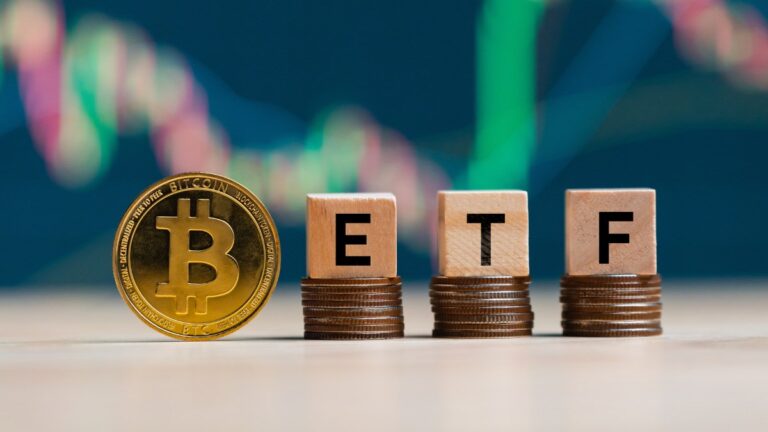Introduction:
In a significant escalation of trade tensions, President Joe Biden has imposed new tariffs on $18 billion worth of Chinese imports. The targeted goods include electric vehicles (EVs), solar panels, and batteries. This move marks a notable shift in U.S.-China economic relations. President Joe Biden has significantly raised tariffs on various Chinese goods, intensifying trade disagreements between the U.S. and China. The fresh tariff actions, worth $18 billion, were unveiled on Tuesday. This move aims to protect American sectors from what the White House views as uneven competition from China.
The time has come. This year, the government is upping the ante on Chinese electric car tariffs – they’re shooting up from 25% to a whopping 100%. That’s not all. The levy on Chinese solar cells? It’s heading up too, all the way from 25% to 50%. And don’t get me started on Chinese steel and aluminum. Their tariffs are jumping threefold. Yeah, you heard it right, from 7.5% to 25%.
President Biden is putting the squeeze on trade. He’s tasked U.S. Trade Envoy Katherine Tai with cranking up the duty on lithium-ion batteries. These power electric cars and other tech stuff. By 2025, the tax on Chinese semiconductors will also jump big time. It goes from 25% to 50%. So there you have it.
In a novel decision, the Biden team will introduce initial tariffs on select Chinese goods, like medical needles and syringes, as well as massive cranes used at ports. Plus, certain items such as Chinese-made rubber medical gloves and specific respirators and face masks, will see higher tariff rates.
Warning Signs of Trade Tensions
The White House, aware of these tariffs’ vast influence, has thoughtfully drawn out the implementation timeline for goods like batteries and natural graphite. This plan is partly to give the U.S. manufacturing sector enough breathing room to ramp up its output so it can match domestic requirements effectively. One high-ranking administration professional drew attention to China’s forceful production and export moves. They said, “China is producing at a pace and heading in a direction that far surpasses any reasonable estimate of worldwide demand.” The official further clarified that this might “saturate the global market with supplies that threaten our capacity to establish productivity at home and puts us at greater risk of economic manipulation.”
White House Concerned: China’s Green Energy Support Threatens Global Markets
White House folks are buzzing about China’s support for local green energy manufacturing. It’s thought these handouts let Chinese firms make green energy stuff – like solar panels and electric cars – more and cheaper than any home market can swallow. This big output could flood the world markets. As a result, the rise of other countries’ green energy sectors could get squashed.

In March, before an important China trip, Treasury Secretary Janet Yellen touched on some serious matters. She said that the surplus production in China messed with worldwide costs and production. This, in turn, is a hurtful thing for American companies and laborers, as well as global ones. Chinese news outlet Xinhua, run by the government, brushed off her comments. They labeled them as baseless. They also suggested that some U.S. policymakers think in a win-or-lose only way – a “zero-sum mindset”.
Infrastructure Week Spurs Tariffs: Biden Acts on China Threat
The introduction of these tariffs aligns with the current “Infrastructure Week” at the White House. This week features Cabinet members highlighting President Biden’s far-reaching plans for infrastructure and clean energy throughout the nation. Even though these ventures just got started, the tariffs are viewed as a vital action. They can stop a rush of low-cost Chinese products from messing up America’s clean energy goals.
A government worker highlighted, “China’s substantial funding in their home-grown electric car industry involves tactics tipping the scales in their favor, getting them major cost and competitive gains.” This individual underscored the importance of implementing these fresh tariffs to guarantee the right safety measures are installed, as China’s exports and overproduction in this industry are expanding at a quick pace.
Tariffs Interests
The latest tariffs primarily look to safeguard our interests. Interestingly enough, they have big part in Biden’s presidency story, especially since he’s preparing for November’s reelection. Biden himself, and the presumed Republican rival, Trump, hold strong positions against China. This issue is crucial in shaping their foreign policy plans.
Some experts worry about higher tariffs hurting our economy. They think it could shrink our GDP and make things pricier for us. The Biden team is still tension free They don’t see inflation as a possible outcome. Their argument? These tariffs aren’t widespread. Instead, they’re zoomed-in on certain sectors. So, they believe it won’t make us pay more for goods.
For more news like this, please visit the Business news section of the BiziFinance Hub.




+ There are no comments
Add yours